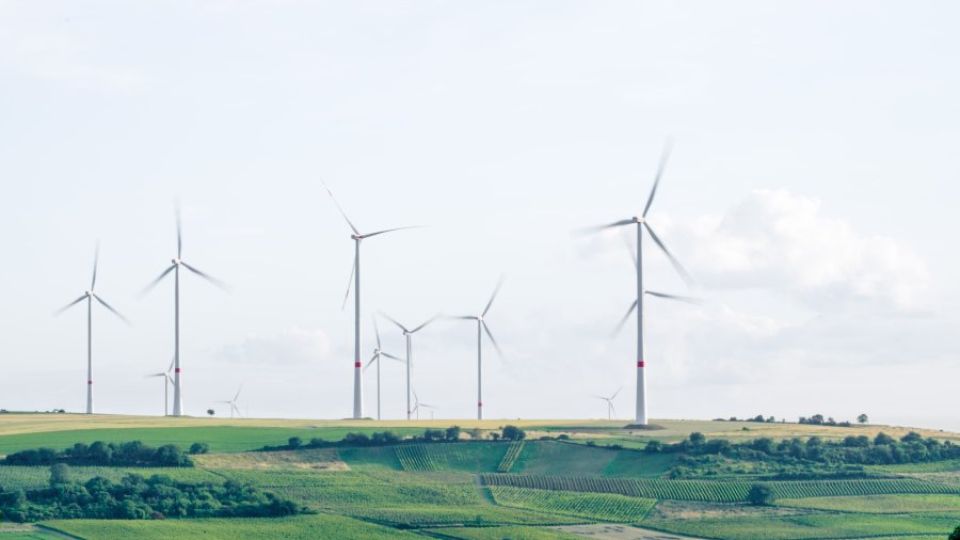December 4, 2023
JAKARTA – President Joko “Jokowi” Widodo’s call for more support from rich countries for their developing counterparts in tackling the climate crisis has left environmentalists unimpressed, who criticize the speech for “giving nothing new” despite global putting pressure on countries to do more to avoid the worst impacts of the crisis.
In his address during the United Nations Climate Change Conference (COP2) in Dubai, the United Arab Emirates, on Friday, Jokowi reasserted Indonesia’s position and commitment to achieving net-zero emissions “by 2060 or sooner”.
The President, however, noted that the Southeast Asian country also hoped to reach the climate target while seeing significant economic development, job creation and poverty reduction – a condition Jokowi believed resonated among developing Global South countries.
“I’m sure many developing countries share the same position as Indonesia,” Jokowi said in his address.
He continued by calling for help from the world, especially richer countries, to work together to help their poorer counterparts reach their climate pledges, citing that the high cost of the transition to a greener and cleaner way of life could not be handled alone.
“Collaborative and inclusive cooperation on real actions is necessary to create real achievements. This is what we need to achieve in COP28,” the President went on to say.
Indonesia would need “more than US$1 trillion to reach the 2060 net-zero emissions target,” Jokowi asserted.
The figure was in line with a recent estimation made by energy analysts that Indonesia and other Southeast Asian countries would need nearly $1 trillion only for the energy transition, 40 percent of which focused on the early retirement of coal power plants in the region.
Read also: Jokowi calls on rich nations to fulfill climate aid pledges ahead of COP28
Indonesia has received a flurry of climate funding pledges from foreign partners and donors, including the $20 billion Just Energy Transition Partnership (JETP) scheme led by the United States and Japan focusing on the early retirement of coal-fired power plants.
However, the pledge, which was announced during the Group of 20 summit in Bali in 2022, was later slammed by Indonesian officials as only around $130 million of the total funds were given as grants, while the rest were earmarked as loans.
“The multilateral development bank must increase the low-interest funding capacity for the energy transition,” Jokowi asserted in his Friday address.
“The Paris Agreement and net-zero emissions target can only be achieved if we solve this energy transition funding,” he continued, citing the target to limit the average global temperature rise to well below 1.5 degrees Celsius from average temperatures in the late 1800s.
Just transition necessary
Despite the funding limitations, Jokowi boasted Indonesia’s progress in achieving its climate pledge, especially in the forest and other land uses (FOLU) and energy sector.
Indonesia has reduced carbon emissions by 42 percent from the 2015 baseline between 2020 and 2022.
Moreover, the country had restored 3 million hectares of degraded land and 3 million ha more of peatland, reducing deforestation by 75 percent, the lowest level in the past 20 years, Jokowi told the COP28’s Protecting Nature for Climate, Lives and Livelihoods event on Saturday.
He also promoted Indonesia’s target to restore 600,000 ha of mangroves next year.
Jokowi also touted the recently inaugurated $100 million Cirata floating solar power plant in West Java, the largest in Southeast Asia, as the country’s effort to transition to clean and renewable energy.
Marlistya Citraningrum, sustainable energy access program manager at the Institute for Essential Services Reform (IESR), said Jokowi’s speech gave “no new […] and ambitious commitments” on climate efforts. However, she appreciated Jokowi for mentioning the Cirata plant as a “good showcase” for the renewable energy power plant project.
“But then our next question is what about the other projects? Can they be done swiftly like Cirata?” she said.
While appreciating Jokowi’s showcase of progress in his speech, Arief Wijaya of the World Resources Institute (WRI) Indonesia conveyed his hope that the country could do more to limit the global heating of 1.5 degrees Celsius.
“We’re on a good trajectory, but still insufficient to reach the 50 percent emissions cut by 2030 as suggested by the IPCC,” he said, referring to the UN climate scientist panel the Intergovernmental Panel on Climate Change.
Read also: What climate change? Study finds political parties lack focus on climate issues
A coalition of Indonesian civil groups, comprising the Indonesian Forum for the Environment (Walhi) and Madani Foundation among others, also urged the government and Indonesian delegation to ensure the just component of the energy transition, which includes supporting local and community efforts.
“[The government] should shift the funding for heavy-emission sectors to the ones focused on environmental restoration and make sure the money is easily accessed by communities working in climate mitigation and adaptation efforts,” the coalition wrote in a recent statement.
Back in Dubai, more than 110 countries backed a pledge to triple the world’s installed renewable energy at the climate summit on Saturday, Reuters reported. The target was backed by the European Union, the United States and host the UAE, and aimed to drop sharply the planet-warming emissions.
The question lingers, however, over whether the government and companies will rally behind the huge investments needed to hit the goal. (kuk/fia)


